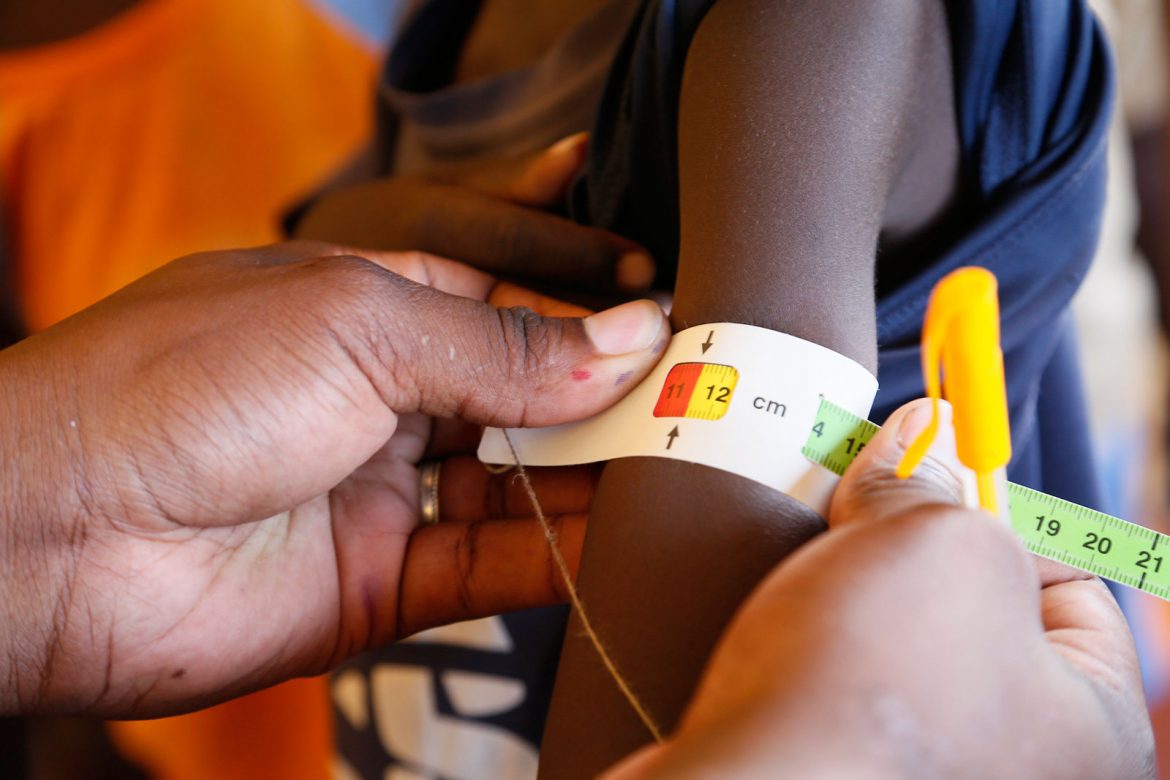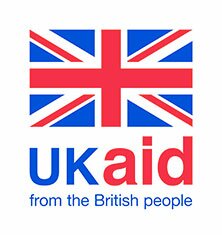In Kenya, our research will explore how to strengthen health, nutrition, and social protection services and systems so that they can be maintained and adapted during floods and droughts. Explore all our latest research here.
Kenya experiences persistent and harsh droughts as well as frequent floods, causing food insecurity, high levels of malnutrition-related illnesses and deaths, and disruption to livelihoods.
For example in 2017, according to UNICEF, almost 370,000 children required treatment for acute malnutrition, including 72,600 with the most severe form who required specialised, life-saving care. Acute malnutrition rates were at least double the emergency threshold of 15% in some areas of northern Kenya. Turkana, in particular, was badly affected.

Research focus for Kenya
In conducting these studies, Maintains works directly with the , FCDO, the , and other development partners. The research builds on and enhances existing evidence and addresses knowledge gaps.




